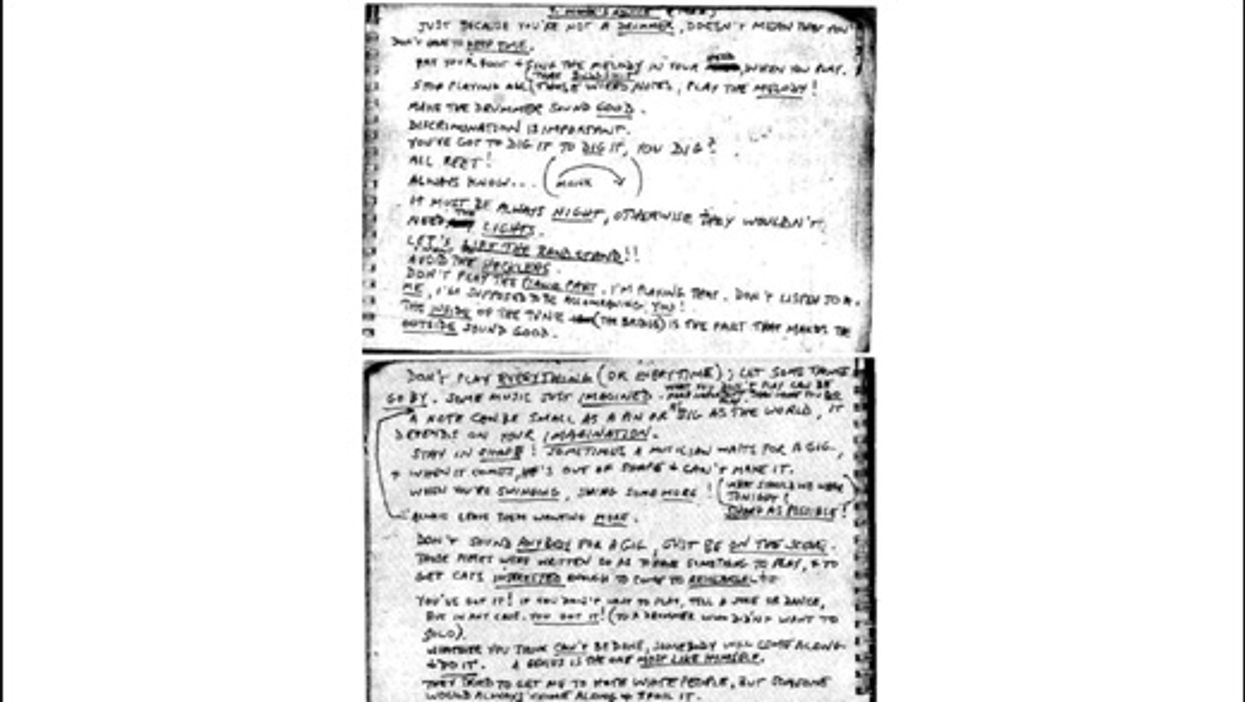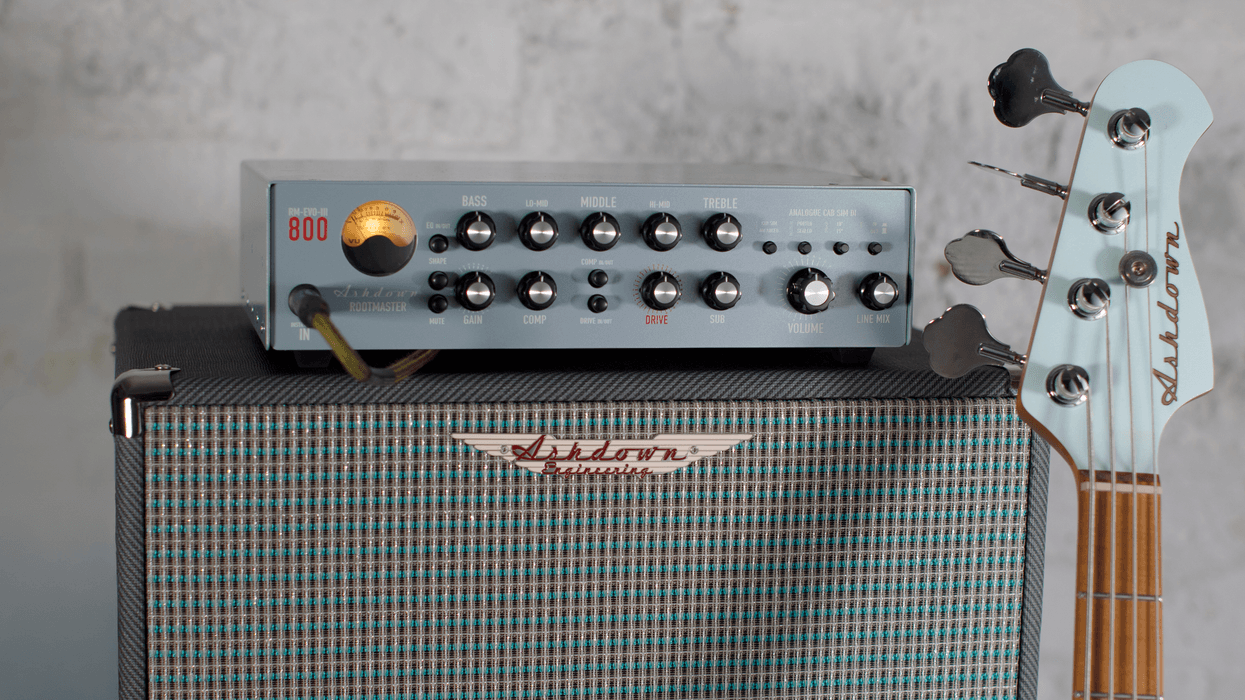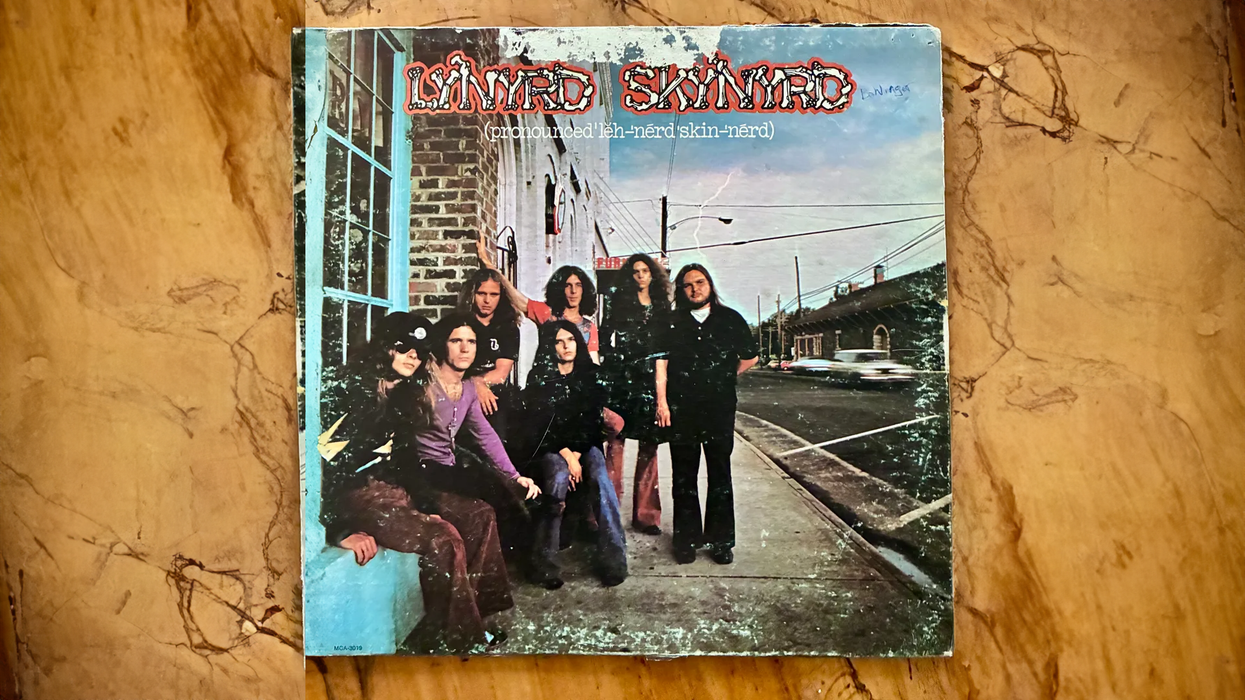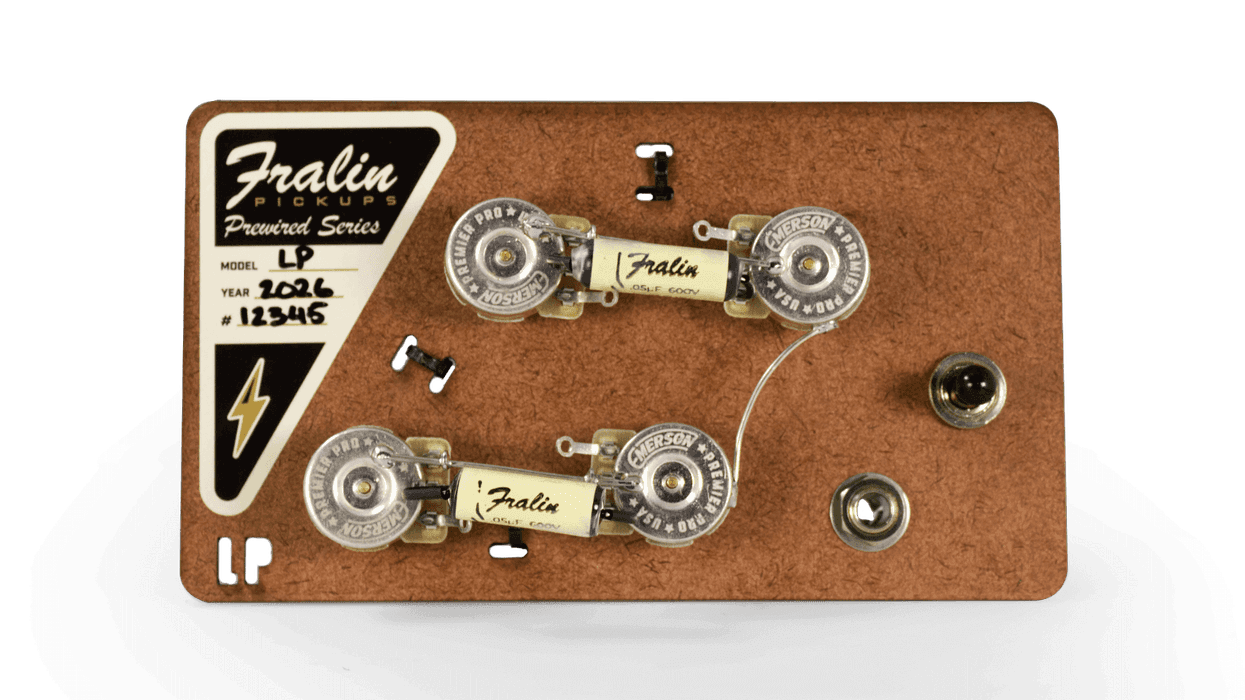Some musicians wear weirdness like a costume they put on to appear cool/deep. Then there's Thelonious Monk, a person from beyond the Valley of Cool and Deep. When Steve Lacy—a Jewish, white soprano sax player who was into Dixieland jazz—did a four-month stint in Monk's band in 1960, he recognized his boss' genius. Lacy kept a notebook with him, jotting down Monk's advice verbatim. This became an insider's guide of do's and don'ts for working musicians.
Some of the advice remains inscrutable: “You've got to dig it to dig it, you dig?" If you, gentle reader, can decode these mysteries, please share your conjecture in the comments section online. For now, let's focus on what mere mortals can glean from Monk's advice.
“Pat your foot and sing the melody in your head when you play." Being deep in the groove isn't a conscious thing. You can't think your way into it. You get there by feel. Sometimes it seems like when you become conscious of the groove, it goes away. Tapping your foot gets your body moving so you will literally feel it and internalize the beat. As an added benefit, a pat, tap, or stomp is percussion in acoustic environments. On some recordings, you can't tell if it's drums or Monk's foot scuffing the floor. Either way, it's music.
Often during gigs and occasionally while reading a chart during sessions, I'll catch myself thinking about what I have to do after work, or something equally inane. In short, I'm not present. I've tried the old sing-the-melody-in-you-head trick and found it makes me more in the moment, less likely to lose my place, and what I play helps reinforce the melody.
“Stop playing all that bullshit, those weird notes, play the melody!" Monk was innovative, brilliant, and probably mentally ill, so his playing had some weirdness. As he grew more famous, players who jammed with him felt obligated to play weird notes. But Monk's weirdness had a musical point that serves the song; weird-for-the-sake-of-weird doesn't. Few things are more annoying than watching competitive musicians try to out-weird each other.
“Let's lift the bandstand!!" Monk's first touring gig was with an evangelist and faith healer. If you've ever been to a tent revival and heard a gospel band in full flight, you've rode the musical wave that goes from a soft whisper to a mighty oar. When you think it can't possibly get any bigger, it doubles-up and you feel the stage raise. Since Monk experienced this power firsthand, this advice might be referencing that magical/spiritual energy that lifts everyone onstage and, in turn, the audience.
“Don't play everything (or every time); let some things go by. Some music just imagined. What you don't play can be more important that what you do." This is a hard rule for guitarists. Classic rock taught us that when the singer stops, we fill. But try letting a verse you'd usually fill go by and you'll feel the mood of the song shift. When you come back in, your notes will carry more weight. Music is a conversation. Like any conversation, what is said means more after a poignant pause. There's also meaning in the silence. Added bonus: It takes longer to burn through our bag of go-to-riffs when we lay out.
“Stay in shape! Sometimes a musician waits for a gig, and when it comes, he's out of shape and can't make it." During this pandemic, I've played very little pedal steel because that's one instrument that's way more fun to play with a band than alone. I got a last-minute gig this weekend and learned on the bandstand that I was sadly out of shape. By the time I remembered how to play, I couldn't think of what to play. It was a deeply humiliating experience. I kind of wanted to cry on the long drive home. Once it's time to perform, you've lost the chance to prepare, so always be ready.
“(What should we wear tonight?) Sharp as possible!" Monk petty much invented the jazz cat in shades and a beret, or fez or porkpie hat. Presentation matters. You can't always control what you sound like, so at least look good.
“Whatever you think can't be done, somebody will come along and do it. A genius is the one most like himself." Monk knew genius because he was surrounded by it. From his piano, Monk watched Dizzy Gillespie, Miles Davis, John Coltrane, and Charlie Parker change music forever by taking their instruments and imaginations places where nothing had ever been. Maybe there were so many geniuses in that era of jazz because they watched their seemingly normal friends often do incredible things. This made them realize there are no limitations or boundaries.
Genius may be contagious. Although George Harrison didn't think of himself as a songwriter, he wrote some genius-level songs because he watched two kids he grew up with write genius-level songs all the time, so he knew it was possible. You can hear Harrison becoming less like John and Paul and more like Harrison with every album. Maybe pushing boundaries is where we become more ourselves and less like those who influenced us.
Thelonious Monk's Advice to Steve Lacy (1960)
- Just because you're not a drummer, doesn't mean you don't have to keep time.
- Pat your foot and sing the melody in your head, when you play.
- Stop playing all that bullshit, those weird notes, play the melody!
- Make the drummer sound good.
- Discrimination is important.
- You've got to dig it to dig it, you dig?
- All reet!
- Always know... (Monk)
- It must be always night, otherwise they wouldn't need the lights.
- Let's lift the bandstand!!
- I want to avoid the hecklers.
- Don't play the piano part, I'm playing that.
- Don't listen to me. I'm supposed to be accompanying you!
- The inside of the tune (the bridge) is the part that makes the outside sound good.
- Don't play everything (or every time); let some things go by. Some music just imagined. What you don't play can be more important that what you do.
- Always leave them wanting more.
- A note can be small as a pin or as big as the world; it depends on your imagination.
- Stay in shape! Sometimes a musician waits for a gig, and when it comes, he's out of shape and can't make it.
- When you're swinging, swing some more!
- (What should we wear tonight?) Sharp as possible!
- Don't sound anybody for a gig, just be on the scene.
- These pieces were written so as to have something to play, and to get cats interested enough to come to rehearsal.
- You've got it! If you don't want to play, tell a joke or dance, but in any case, you got it! (To a drummer who didn't want to solo.)
- Whatever you think can't be done, somebody will come along and do it. A genius is the one most like himself.
- They tried to get me to hate white people, but someone would always come along and spoil it.


















